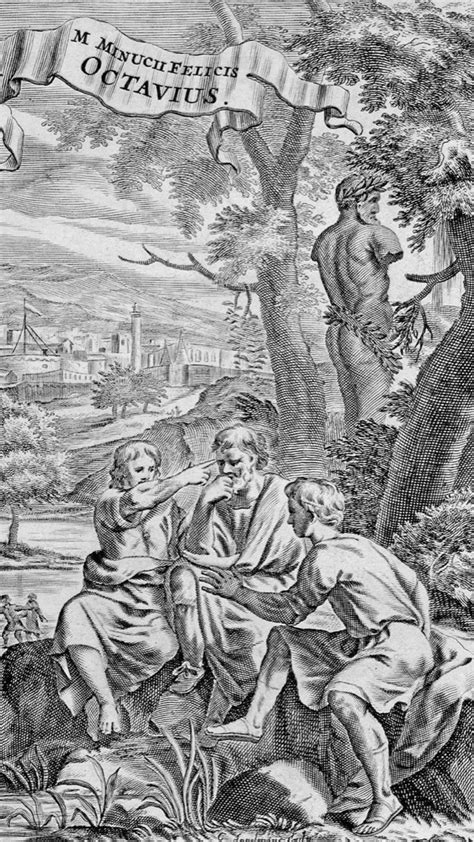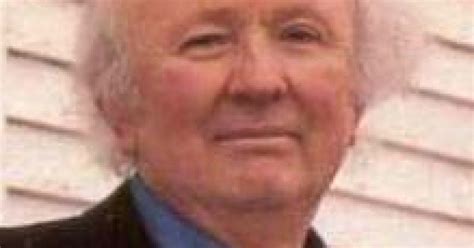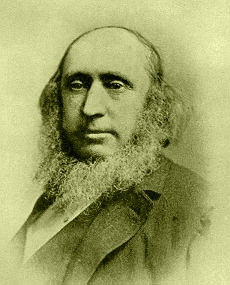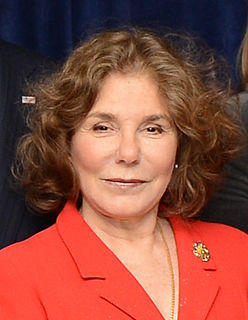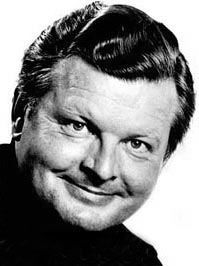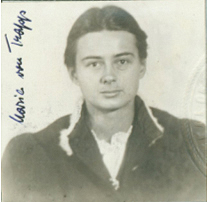A Quote by Hisham Matar
Political dictatorships take possession not just of money and belongings but of narrative.
Related Quotes
For queer people, the personal is very political, just to talk about it in a public space. It's very political just to come out and take up that space and be like, 'This is my narrative. It's not an outsider narrative, and it's not a fetish narrative; it's just my story, and it's worth being told and listened to.'
Under the old system - which is now so archaic that a lot of people can't remember it - if you wanted money you had to go to the bank and take the money out in cash form, and you couldn't take out money that you didn't have. But with the credit card you can spend money you don't have, and that is just so tempting.
I have a theory that, for people of color or others who have been cut out of the master narrative, just telling your personal survival tale, your story, is civic engagement. It is a kind of political performance and is really crucial in that storytelling is how the writers connect with people and change. It's how we collect and add to and complicate the master narrative.
A refugee is not just someone lacking in money and everything else. A refugee is vulnerable to the slightest touch: he has lost his country, his friends, his earthly belongings. He is a stranger, sick at heart. He is suspicious; he feels misunderstood. If people smile, he thinks they ridicule him; if they look serious, he thinks they don't like him. He is a full-grown tree in the dangerous process of being transplanted, with the chance of possibly not being able to take root in the new soil.





